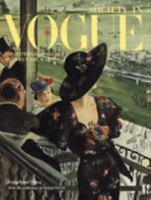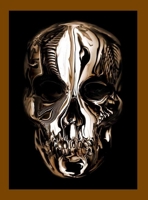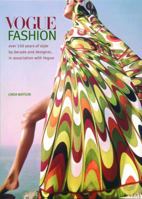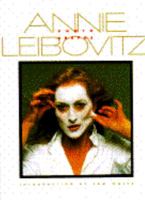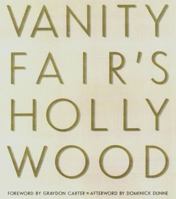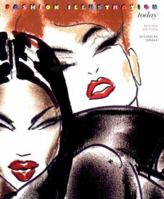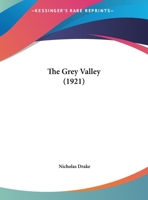The Sixties A Decade in Vogue
Select Format
Select Condition 
You Might Also Enjoy
Book Overview
Hard cover with dust jacket, first edition published 1988. This description may be from another edition of this product.
Format:Hardcover
Language:English
ISBN:0138116474
ISBN13:9780138116477
Release Date:October 1988
Publisher:Simon & Schuster
Length:191 Pages
Weight:3.55 lbs.
More by Nicholas Drake
Customer Reviews
7 customer ratings | 3 reviews
There are currently no reviews. Be the first to review this work.
Escaping the Delta: Robert Johnson and the Invention of the Blues Mentions in Our Blog

The Glory of the Harlem Renaissance
Published by William Shelton • February 17, 2023
Langston Hughes described the experience of the Harlem Renaissance as "…to express our individual dark-skinned selves without fear or shame." It was a movement of the senses, steps quickened to the sound of Jazz and Blues, the air was redolent of food reminiscent of Carolina and the Caribbean, the mind was stimulated by new ideas, and the energy was like an electric current to a wire.
















